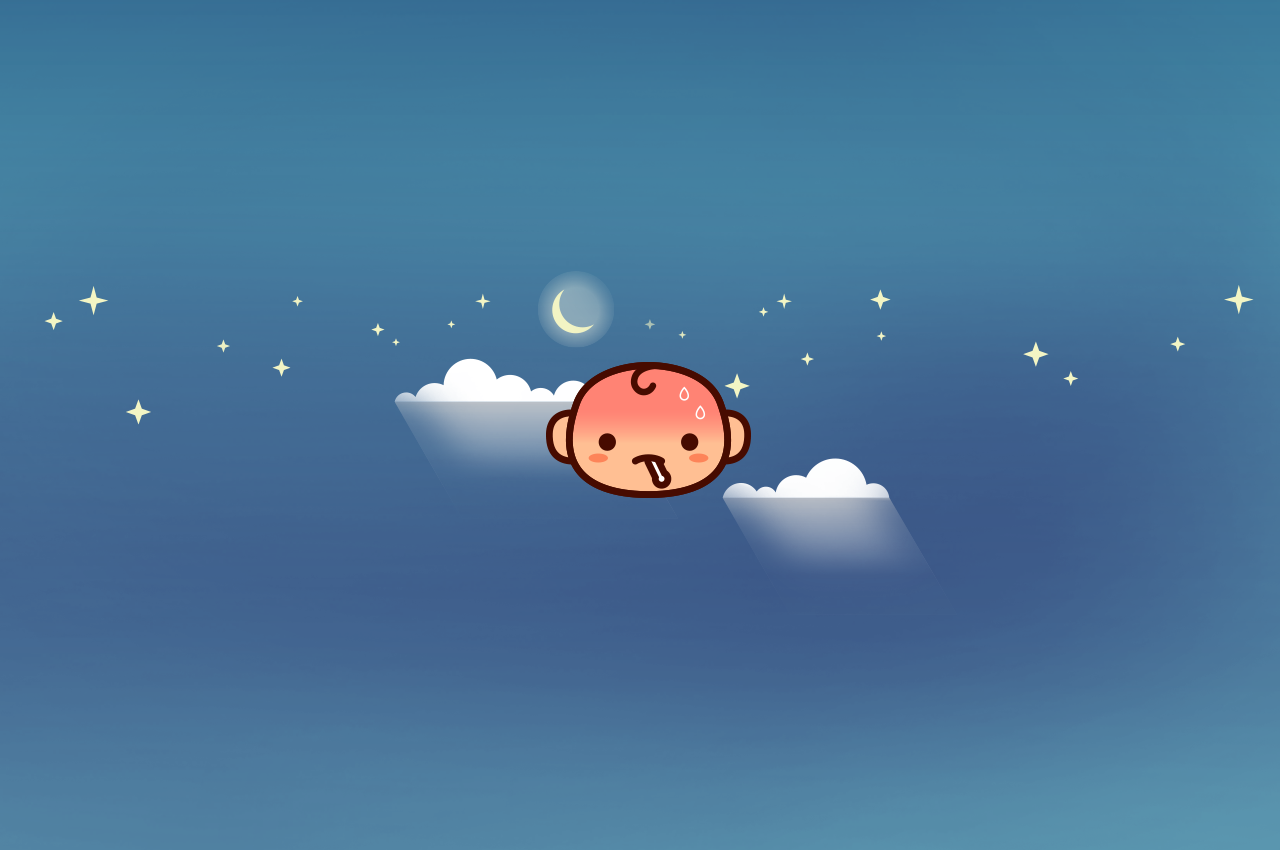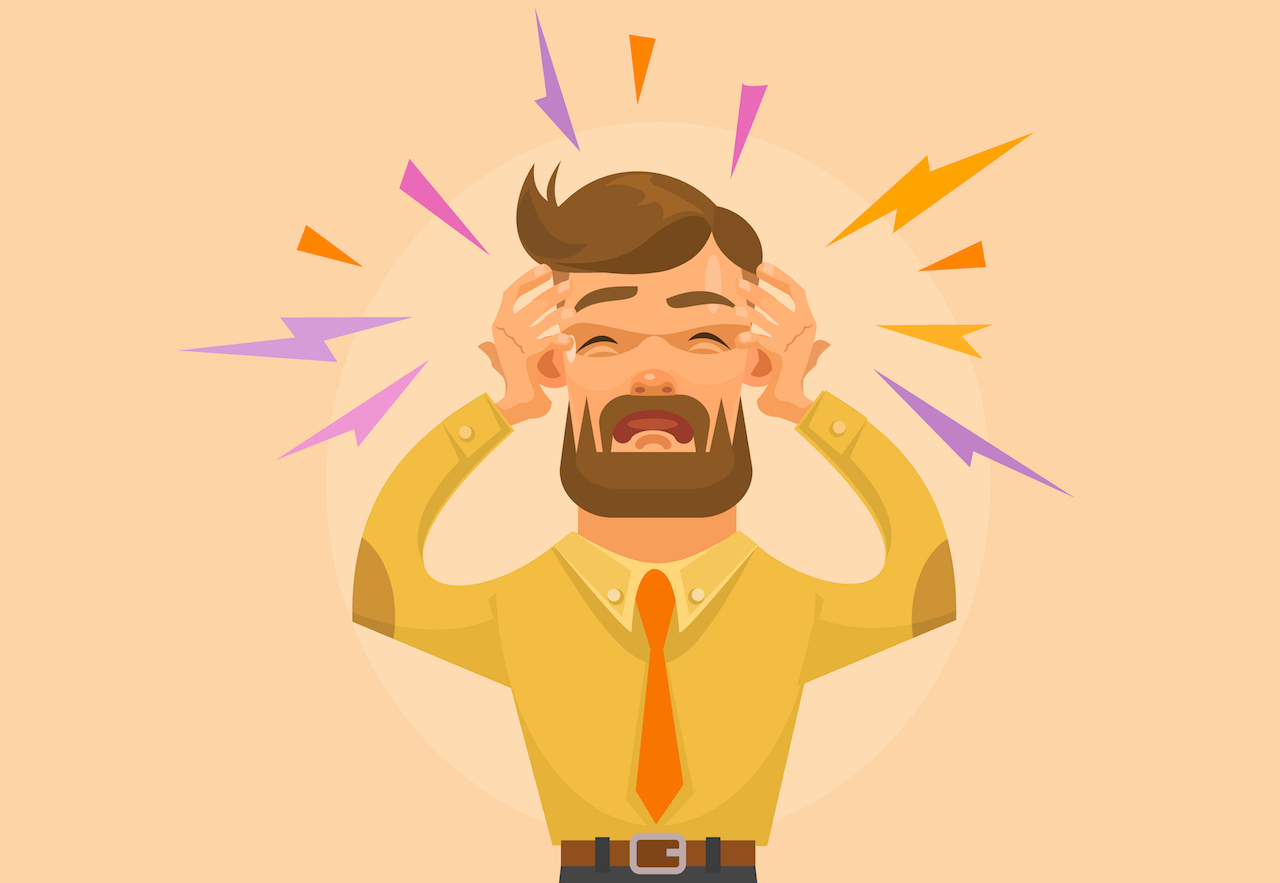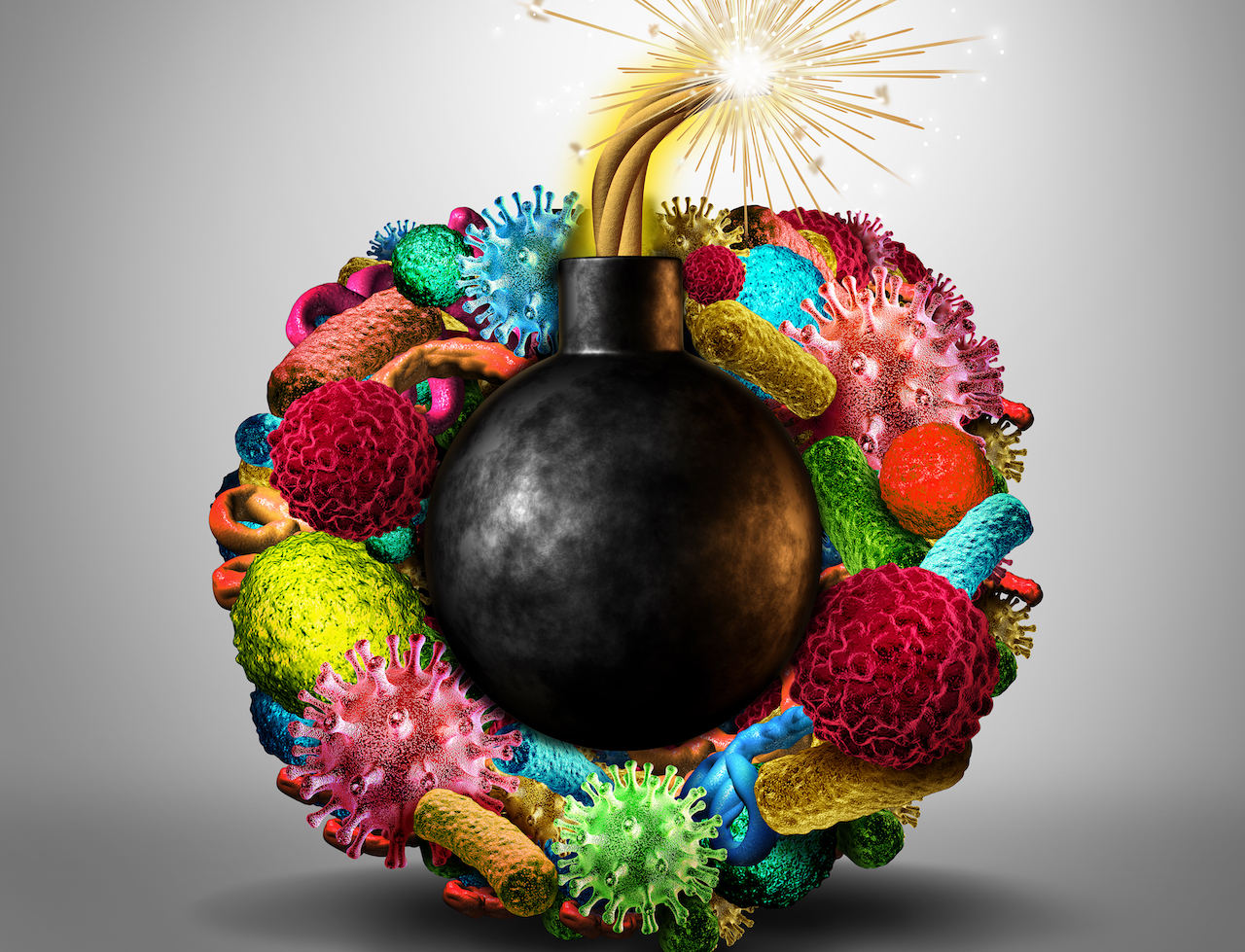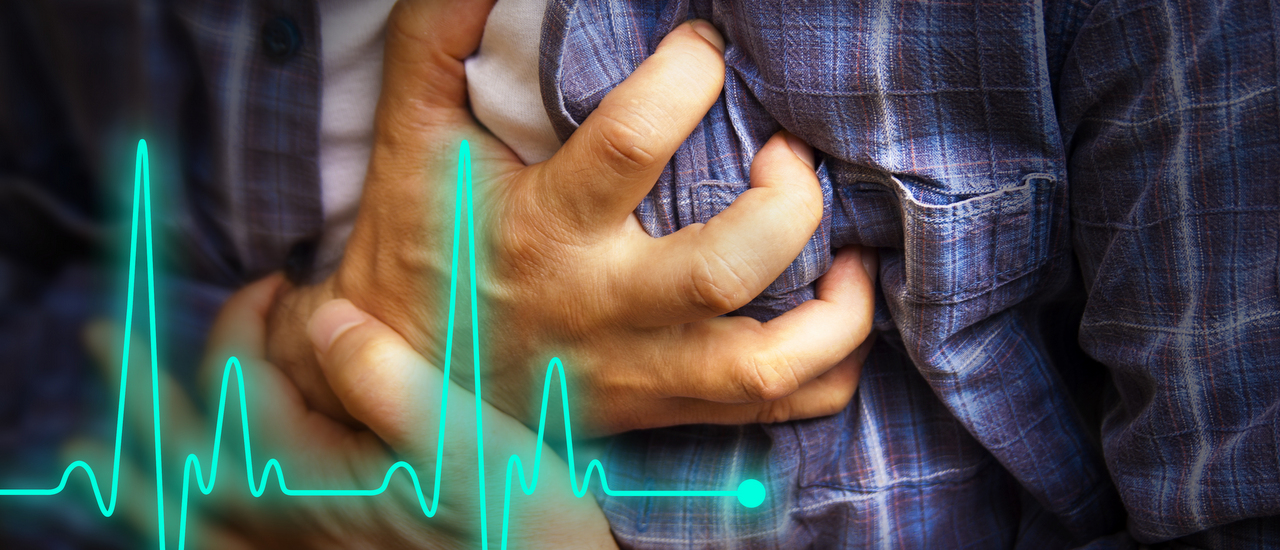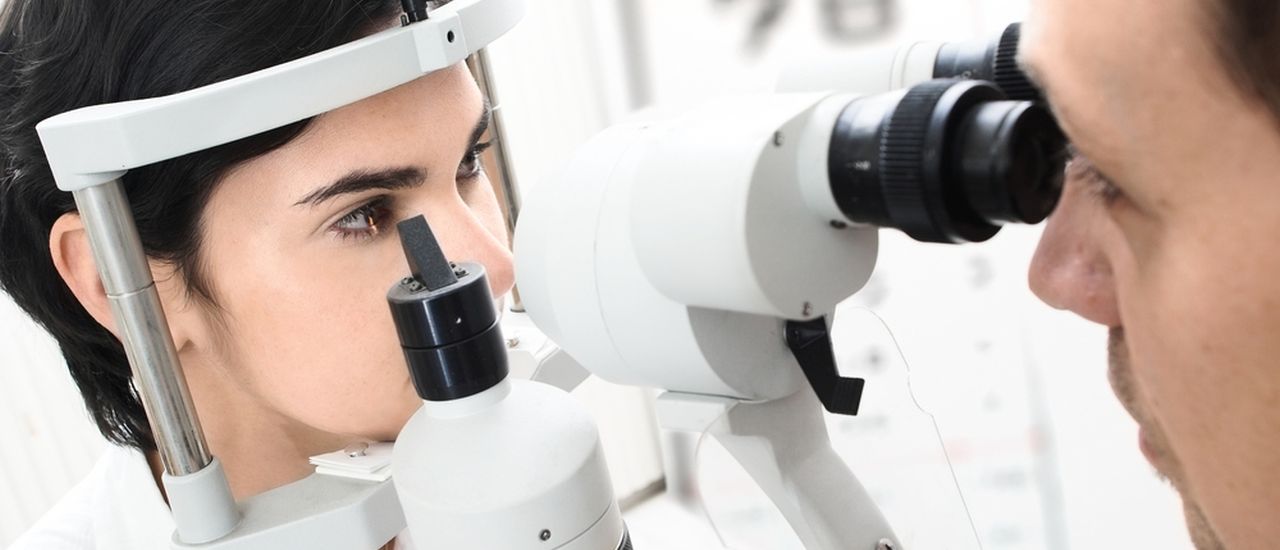It’s 3am and your 2 year old, who has been restless all night, wakes up howling. Her skin feels as though it’s burning up, so you grab your thermometer, and her temperature is 39 degrees. What do you do?
Why do we get fevers?
What most of us forget, especially at 3am, is that fever is an important part of our body’s defense against infection. Most bacteria and viruses that cause infections in people thrive best at 37 °C, so by cranking up the internal thermostat, your body is making it difficult for germs to get comfortable.
Many infants and children develop high fevers with minor viral illnesses. Although a fever signals that a battle might be going on in the body, the fever is fighting for the patient, not against them.
When to lower a fever
Take steps to lower a fever if your child is uncomfortable, vomiting, distressed or not sleeping well. Remember, the goal is to lower, not eliminate, the fever.
Here’s what to do:
1. Firstly, remove excess clothing or blankets. The room should be comfortable, not too hot or cool. Try one layer of lightweight clothing, and one lightweight blanket.
2. Then, a lukewarm facecloth on bare skin works well to bring down a raging temp, just make sure it is warmish and NOT cold. Besides, no-one really enjoys having a cold cloth put on them, and it can make the situation worse by causing shivering, which in turn raises core body temperature.
3. Finally, in children older than 3 months you can give an over the counter pain killer like Panado syrup, but stick to the recommended dosage.
Call your doctor if your child:
- Is younger than 3 months old and has a temperature of 38 °C or higher
- Is under age 2 and has a fever that lasts longer than 24 hours
- Is older than 2 and has a fever for longer than 48 hours
- Has a fever over 40.5 °C
- Has been having fevers come and go for a week or more, even if they aren’t high.
Kyle Boshoff for HelloDoctor.com

